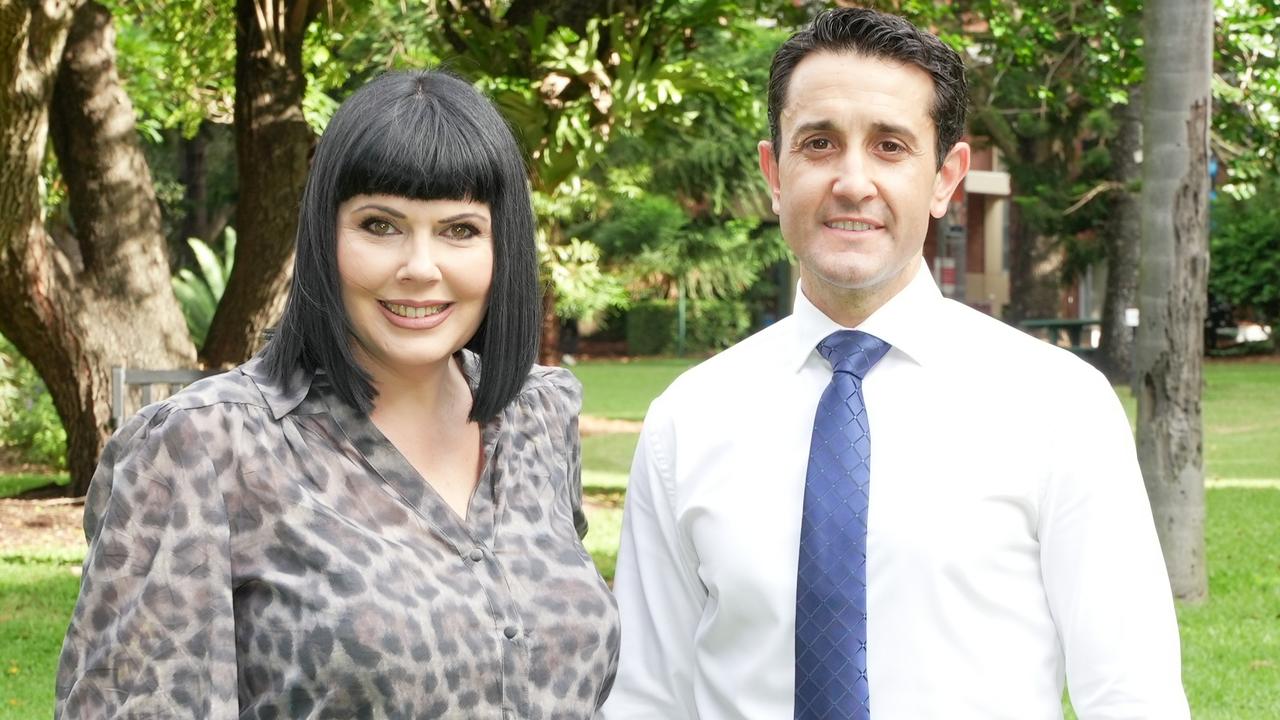Budget 2020: Historic deficit looms, but pressure is off Josh Frydenberg
Shovelling further huge sums of borrowed money at households and businesses makes little sense when it is government restrictions that have curbed spending.
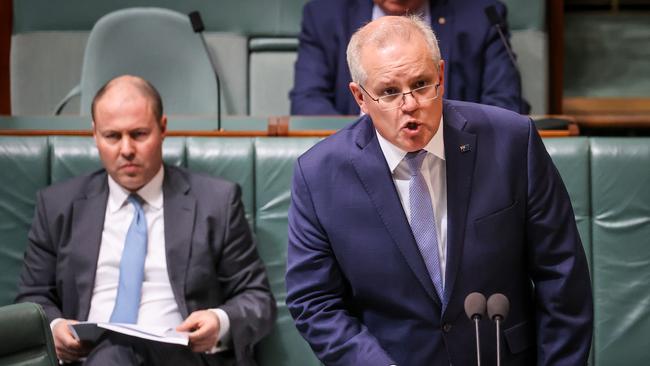
Four years ago I trawled the 2016 budget to find the 11 most wasteful measures, which came to $152m across four years. I sense next week’s budget will yield a longer list and a much bigger cost.
Until then, and afterwards, the Morrison government will stress how difficult, how tough, this federal budget, the first in the wake of the Great Pandemic of 2020, has been to draw up. The truth is it’s probably one of the easiest. There is no longer a budget constraint.
If you start from the premise that politicians like to spend and hate to increase tax, then the coronavirus has been a boon for the political class. Who cares if the deficit this year is $198bn, as Deloitte’s budget seer Chris Richardson forecast on Monday, or $230bn, as AMP’s Shane Oliver forecast last week?
Either way, it will be the biggest since 1944, as economist Saul Eslake observed in a recent speech. Every new expenditure will be justified by a sense of crisis and imperative to “create jobs”.
The erstwhile push to produce surplus, however simplistic and irrelevant to the broader economy, at least provided some discipline. A handout here or a road to nowhere there could have seen the glittering political prize evaporate on the fiscal horizon.
Josh Frydenberg understandably shelved “budget repair” as a guiding philosophy last week. Something that’s trashed needs a lot more than repair. The new philosophy, at least until the jobless rate falls below 6 per cent, will be the somewhat vague “boosting business and consumer confidence and promoting jobs and growth”, the Treasurer said.
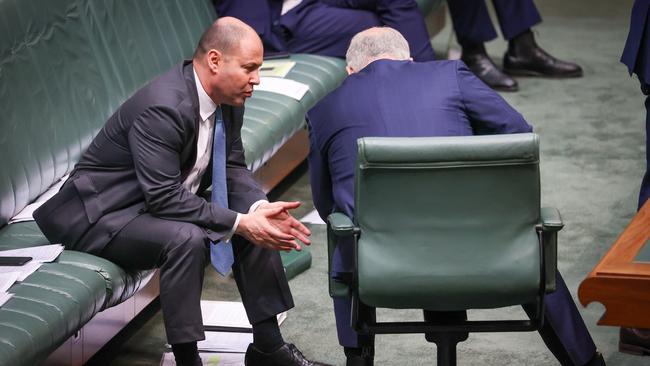
Frydenberg also said 98 per cent of policies introduced since March to combat the coronavirus hadn’t been a permanent drag on the budget. The risk is that figure shrinks after next week’s budget as populist infrastructure spending and handouts triumph over the “timely, targeted and proportionate” spending we were promised. We’ve had enough (arguably too much) stimulus already. State and federal governments combined have announced $369bn in spending and support since March — about four times the cost of a high-speed rail network linking Melbourne, Canberra, Sydney and Brisbane, according to a 2011 Department of Industry estimate.
Shovelling further huge sums of borrowed money at households and businesses makes little sense when it is government restrictions that have curbed spending, not necessarily a lack of demand. Better and far cheaper to remove these than add to the fiscal cost.
Indeed, Labor has a point when it criticises the reduction in the JobKeeper payment rate this week before restrictions have been lifted. Why punish workers, such as those in accommodation and travel, whose jobs have been crushed by government fiat?
Last week, in a speech about wasteful spending on infrastructure, Productivity Commission chairman Michael Brennan warned against stimulus. “The supply-side policy is an important enabler of the recovery, without which demand-side stimulus is incomplete or compromised in its effectiveness,” he said.
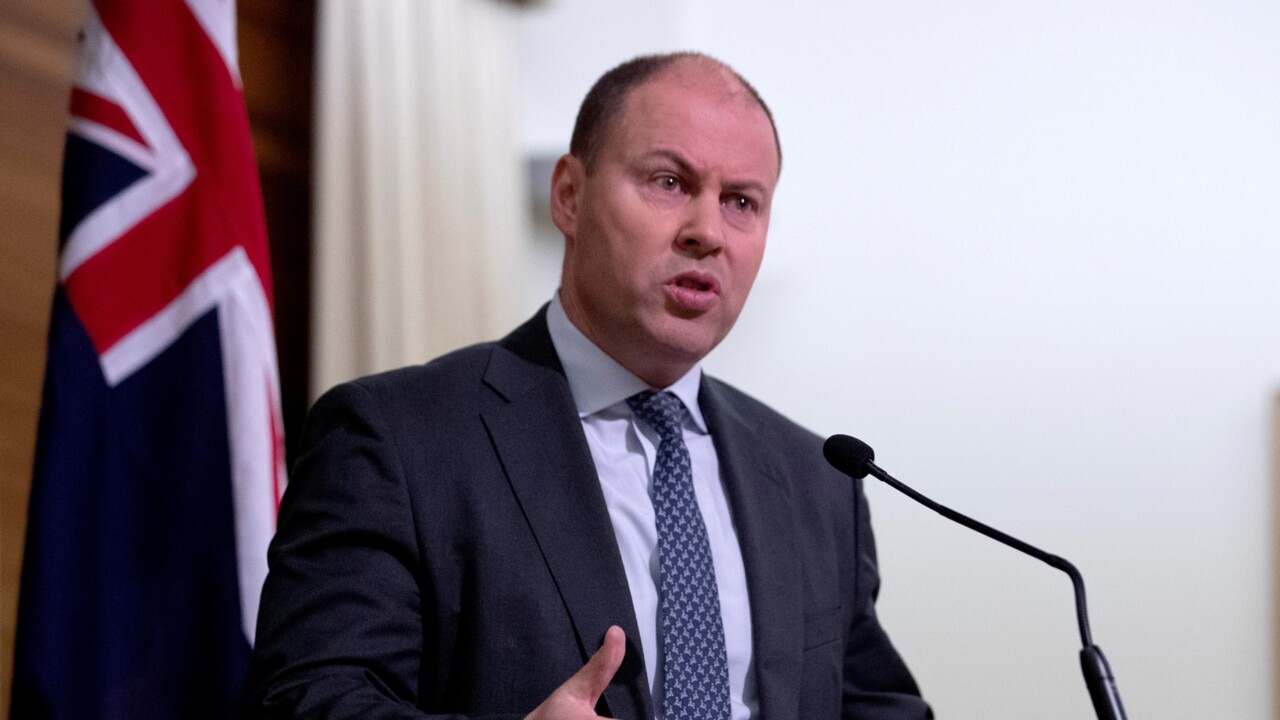
This budget instead should be a launch pad back to normality, taking advantage of a lingering sense of crisis and a dramatically loosened budget constraint to improve the economy’s efficiency.
The HomeBuilder scheme doesn’t augur well, a $600m subsidy seemingly tailored for rich retirees. Who else could afford the minimum $150,000 renovation requirement while earning less than $125,000 a year? Nor does the possible collapse of five working groups set up to streamline byzantine industrial relations rules.
But sensible government plans to tear up so-called “responsible lending” laws, which have been in effect make-work schemes for regulators and lawyers, are a sign it recognises the opportunity.
But it should go further. Bring forward all the tax cuts slated for 2024 to boost the incentive to work and save. Dump the legislated increase in the superannuation guarantee to 12 per cent, or at least let workers opt out in favour of cash in hand if they so wish.
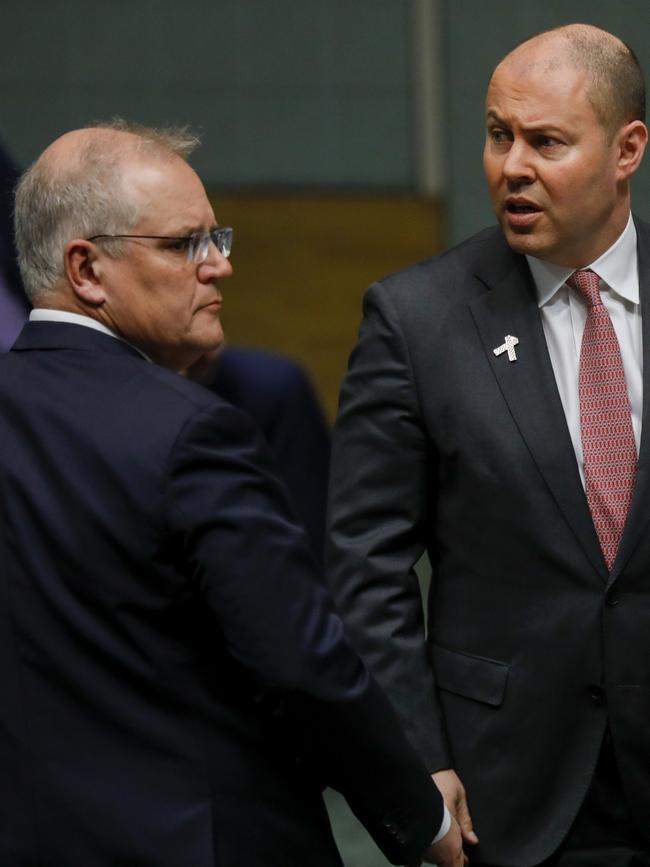
Delete regulations that make it harder for businesses to set up and hire. Next year will be carnage for many small and medium-sized businesses as JobKeeper unwinds. In a normal year about 300,000 businesses fail and the same number emerges, but 900,000 as of June were receiving JobKeeper payments. And launch an honest campaign to broadcast the tiny risk the vast bulk of people face from the coronavirus. Irrational fear and the belief pandemics are more likely to occur in the future will weigh on confidence and economic activity more than anything else.
When historians look back on this pandemic, a more profound legacy than deaths (which are quite low) will be the fiscal cost.
On Richardson’s forecasts, net federal government debt alone will be $401bn greater by June 2023 than it would have been.
More broadly, the free-market Institute of Public Affairs in a research paper released on Tuesday put the cost to national income of the elimination strategy at $319bn, compared with a “flatten the curve” strategy of $94bn.
“This cost is 2.2 times the total annual value of Australia’s entire healthcare and social security spending,” it found.
Life is precious but it has become almost priceless (at least when using other people’s money) in the quest to eradicate COVID-19.
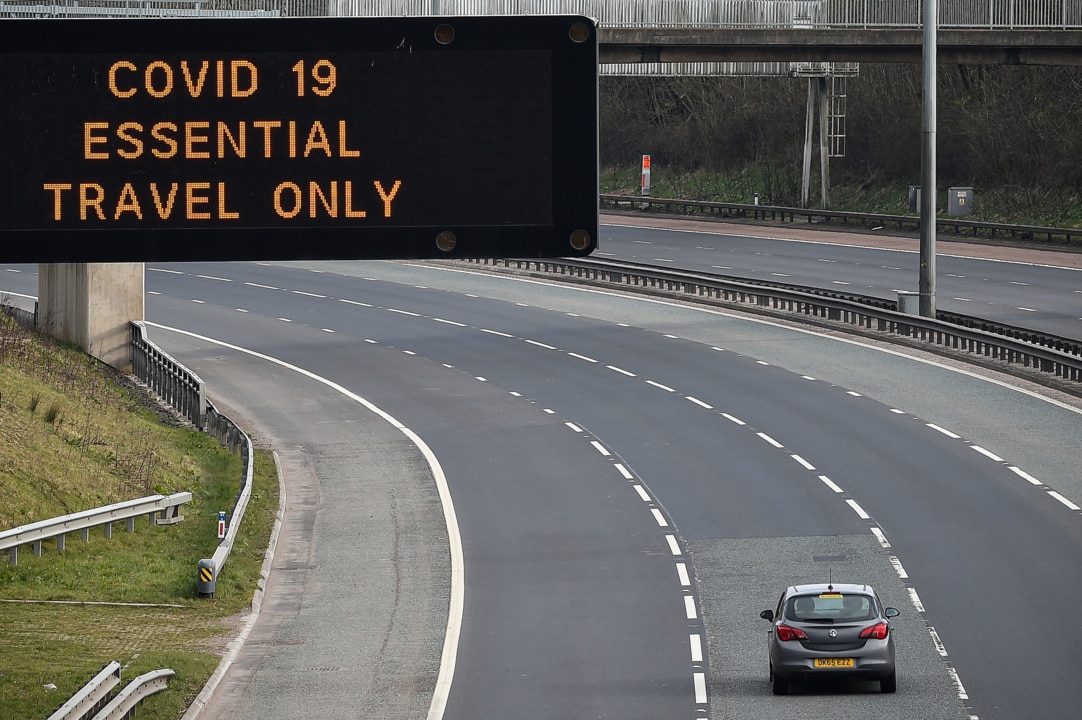
The level of public debt isn’t necessarily a concern. As Eslake noted recently, between 1901 and 1963 gross federal government debt was higher as a share of gross domestic product than it will be next June. And as Richardson notes, the interest cost of government debt is declining because of the collapse in interest rates and government borrowing costs.
But if the virus has taught us anything it’s that forecasts should be taken with a grain of salt. Things can change quickly.
“A strong fiscal position is what enabled us to respond decisively and effectively to this crisis,” Frydenberg said last week. It did, but it’s much less strong now, and we won’t be in a position to splash out similarly if and when COVID-21 turns up.
Subscribers can sign-up to receive budget newsletters at theaustralian.com.au/newsletters






